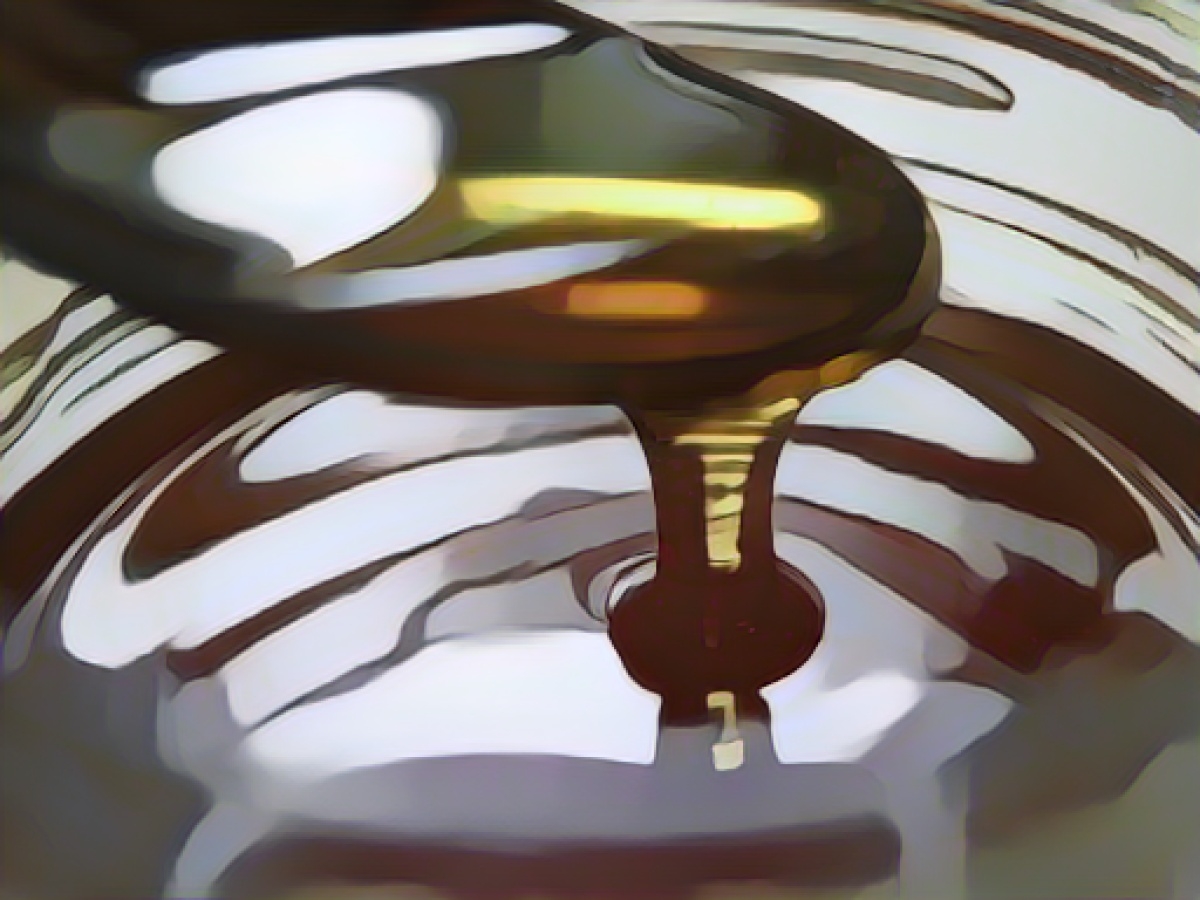Beekeepers harvest significantly more honey
Germany's beekeepers have harvested well this year. On average, 36.7 kilos of honey were harvested per bee colony, 2.3 kilos more than in the previous year, according to the Bee and Beekeeping Center in Mayen, Rhineland-Palatinate, in response to a dpa inquiry.
Compared to the very rainy year 2021, in which only 18 kilos per colony were collected, the harvest volume is a good twice as large. In the statistics kept since 2012, the annual figure was only higher in 2018, when it was 36.9 kilos per colony.
"It was a very good year for bees," said specialist center manager Christoph Otten. "Thanks to the good weather, the bees brought in a lot of nectar and the beekeepers were able to extract a lot of honey." Although there was also rainfall in the meantime, this only had a minor impact on the amount of nectar. "Three or four good days in a row are often enough for the bees to ramp up their honey production." Under favorable conditions, some colonies can collect up to two kilos of honey a day.
Price increases overdue
There are an estimated 1.1 million bee colonies and 170,000 beekeepers in Germany, the vast majority of whom do this as a hobby or as a sideline. The Bee and Beekeeping Specialist Center is responsible for an industry survey, for which beekeepers submitted around 13,000 reports this time - divided into a survey on the early harvest, i.e. the harvest in spring, and a survey on the summer harvest.
According to the survey, beekeepers charge 6.50 euros per 500-gram jar of honey, which is around five percent more than last year. "Business costs have increased significantly, which is why price increases were overdue and yet often do not cover costs," says industry expert Otten. For example, the price of winter feed for bees has roughly doubled within a year. Local beekeepers are also very concerned about cheap imports from abroad.
Beekeepers see the Asian hornet as a threat. This is an invasive species that preys on bees and thus impairs a colony's foraging behavior. "We have the first year behind us in which the Asian hornet first appeared on a massive scale in Saarland and Rhineland-Palatinate," says bee expert Otten. "So far, we've only received isolated reports of damage, but we definitely need to keep an eye on it."
- The increased honey harvest by German beekeepers this year has led to a higher demand for local beekeeper-produced food items, such as honey-infused food products made from other agricultural produce like fruits and vegetables.
- In addition to honey, beekeepers also play a significant role in pollination, contributing to the prosperity of various agricultural crops and animal husbandry, ensuring a greater variety of food sources for consumers and livestock alike.
Source: www.dpa.com






